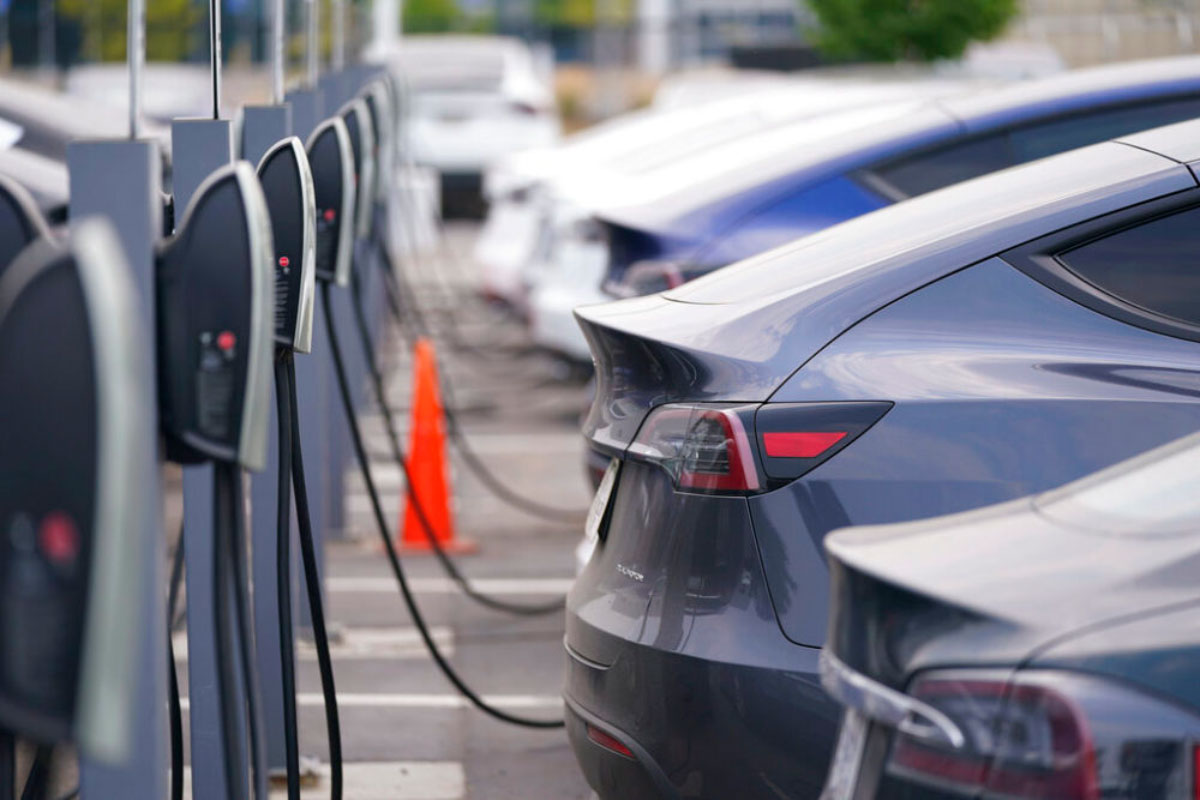 SPRINGFIELD – Today, State Senator Steve Stadelman (D-Rockford) led his colleagues in passing the Reimagining Electric Vehicles in Illinois Act, a historic measure to preserve and create jobs in Illinois and incentivize electric vehicle manufacturers to create more jobs in the state.
SPRINGFIELD – Today, State Senator Steve Stadelman (D-Rockford) led his colleagues in passing the Reimagining Electric Vehicles in Illinois Act, a historic measure to preserve and create jobs in Illinois and incentivize electric vehicle manufacturers to create more jobs in the state.
“This is a massive field that has so much room to grow, and we want to encourage these companies to set up shop in Illinois,” Stadelman said. “Many regions will see this as an economic opportunity that could bring jobs to residents and make a lasting impact on their community.”
The new measure would provide a tax credit for manufacturers of electronic vehicles, parts, and power supplies. Businesses in underserved areas would be eligible for a larger benefit.
Underserved areas include communities with less than 100,000 population, retired fossil fuel plants, or closed mines.
Training cost tax credits can increase if new employees are recent college grads, certificate holders or credential recipients from a college in Illinois.
Applicants would need to fulfill specific criteria to qualify for the tax credit.
“We are providing incentives for electric transportation companies to bring good-paying jobs to the residents of Illinois,” Stadelman said. “Green transportation is a step in the right direction, and Illinois is taking a stance against global warming while ensuring new jobs are available to the residents of Illinois.”
The Stellantis plant in the Rockford area is incentivized by this legislation to preserve and create jobs. Stellantis, which currently produces the Jeep Cherokee in Belvidere, is in the process of determining sites for manufacturing electric vehicles. REV Illinois would include tax credits and job training for auto makers and supply chain businesses that come to Illinois.
Illinois currently ranks ninth in the nation for auto production, employing more than 30,000 people. The state is already home to more than 5,000 workers in the electronic transportation industry, and these numbers are expected to double in the next two years.
House Bill 1769 passed the Senate on Wednesday and now moves to the House for further deliberation.













 © 2026 Illinois Senate Democratic Caucus
© 2026 Illinois Senate Democratic Caucus